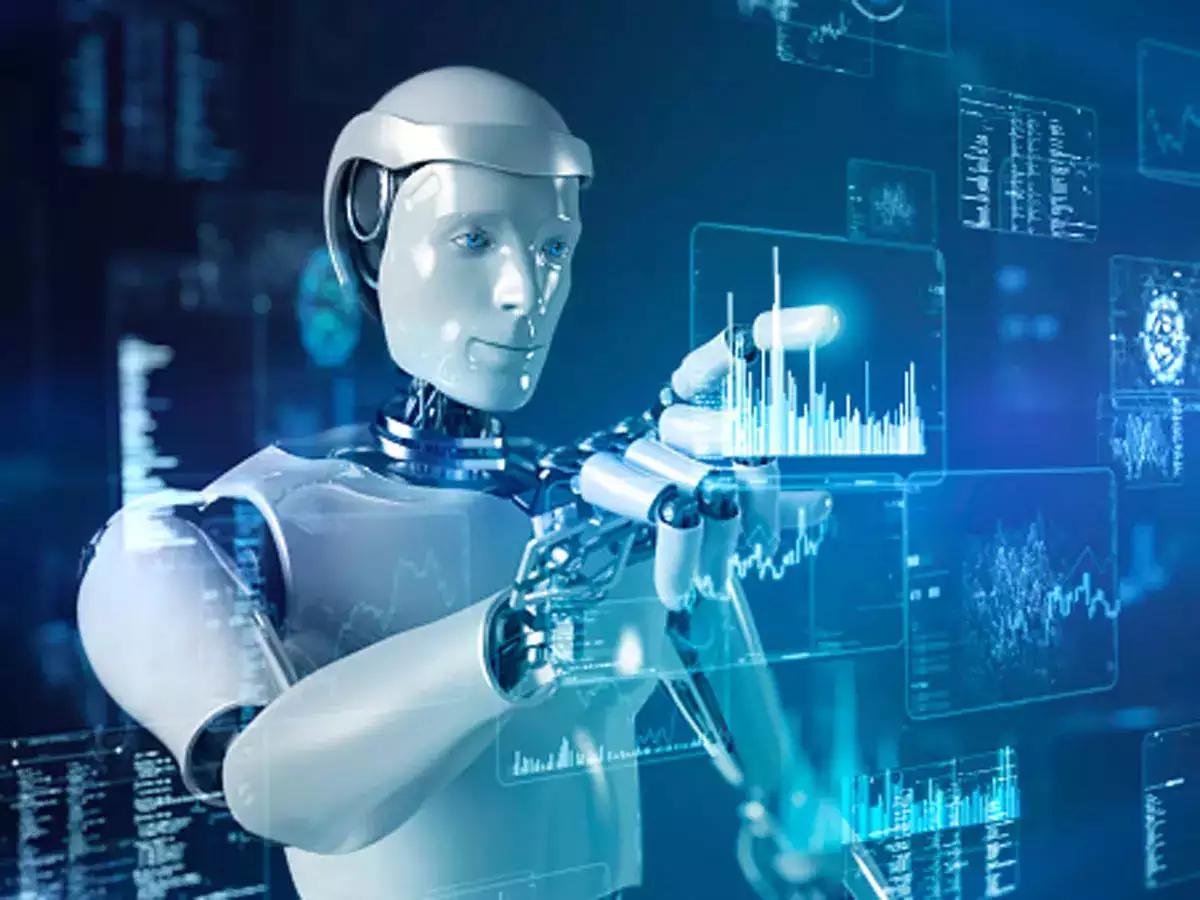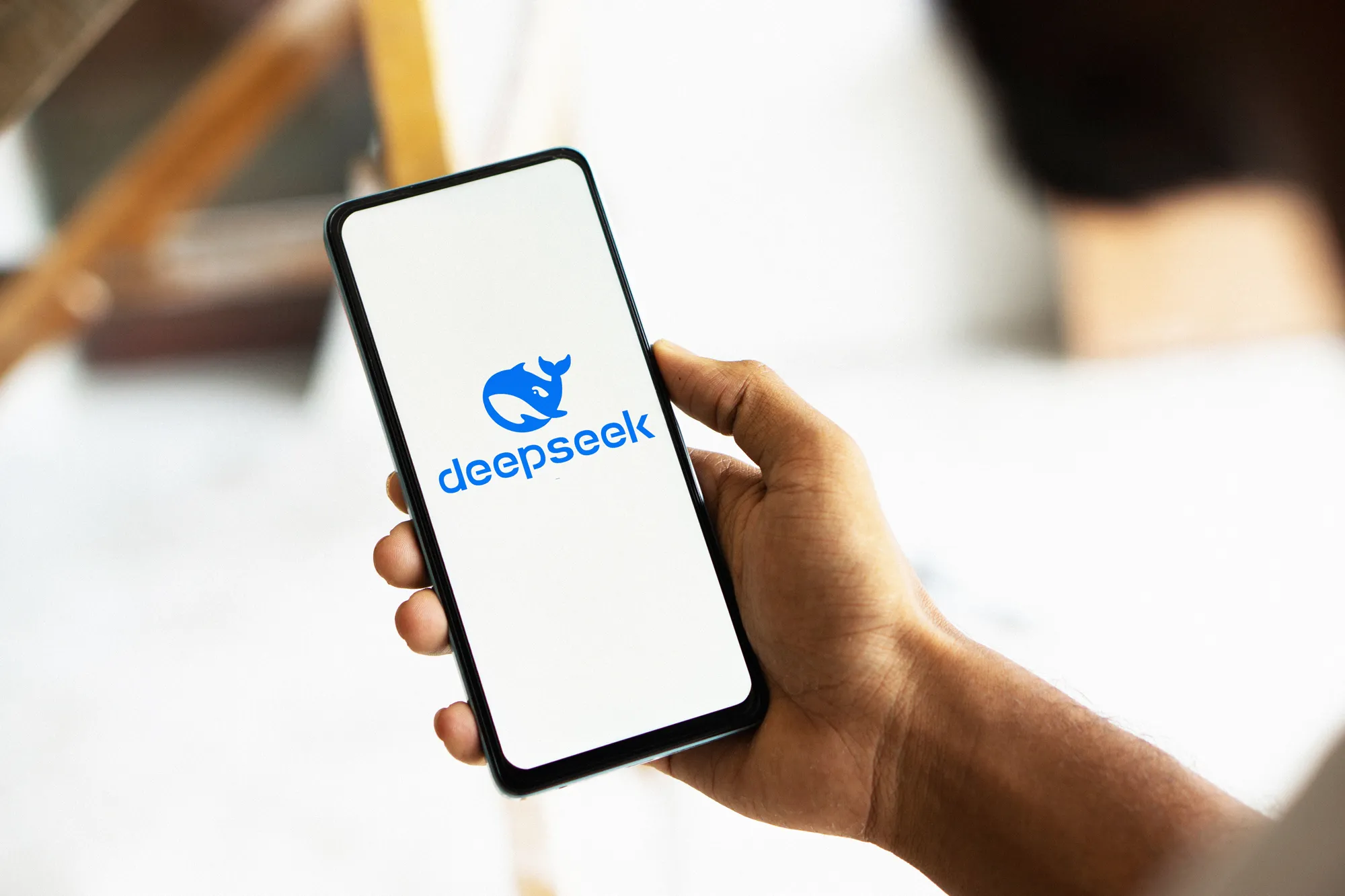Technology is changing our world at an impressive speed! Its sweeping modifications can be discovered everywhere and they can be referred to as both thrilling, and at the same time terrifying. Although individuals in many parts of the world are still trying to come to terms with earlier technological transformations along with their sweeping social and instructional ramifications - which are still unfolding, they have been awoken to the truth of yet another digital transformation - the AI transformation.

Expert System (AI) technology describes the capability of a digital computer system or computer-controlled robot to carry out tasks that would otherwise have actually been carried out by human beings. AI systems are developed to have the intellectual procedures that identify humans, such as the capability to factor, find significance, generalize or gain from past experience. With AI innovation, vast quantities of details and text can be processed far beyond any human capability. AI can likewise be utilized to produce a huge range of new content.
In the field of Education, AI innovation comes with the possible to enable brand-new forms of teaching, discovering and instructional management. It can likewise boost discovering experiences and assistance instructor tasks. However, despite its favorable capacity, AI likewise presents substantial threats to students, the mentor neighborhood, education systems and society at large.
What are a few of these risks? AI can minimize teaching and learning processes to calculations and automated jobs in manner ins which devalue the role and impact of teachers and deteriorate their relationships with learners. It can narrow education to only that which AI can process, model and provide. AI can likewise worsen the worldwide lack of qualified instructors through out of proportion spending on technology at the cost of financial investment in human capability advancement.
Making use of AI in education also produces some basic questions about the capability of teachers to act actively and constructively in identifying how and when to make cautious usage of this innovation in an effort to direct their professional development, discover solutions to obstacles they face and enhance their practice. Such essential concerns include:
· What will be the role of teachers if AI technology become widely carried out in the field of education?
· What will assessments appear like?

· In a world where generative AI systems seem to be establishing new abilities by the month, what abilities, outlooks and competencies should our education system cultivate?
· What changes will be required in schools and beyond to help trainees strategy and direct their future in a world where human intelligence and machine intelligence would seem to have ended up being ever more closely linked - one supporting the other and vice versa?

· What then would be the purpose or function of education in a world controlled by Artificial Intelligence innovation where humans will not necessarily be the ones opening brand-new frontiers of understanding and knowledge?

All these and more are intimidating questions. They force us to seriously think about the issues that occur relating to the execution of AI technology in the field of education. We can no longer just ask: 'How do we get ready for an AI world?' We must go deeper: 'What should a world with AI appear like?' 'What roles should this powerful innovation play?' 'On whose terms?' 'Who decides?'
Teachers are the main users of AI in education, and they are expected to be the designers and facilitators of trainees' learning with AI, the guardians of safe and ethical practice throughout AI-rich academic environments, and to serve as function models for lifelong discovering AI. To presume these responsibilities, teachers need to be supported to develop their capabilities to leverage the potential advantages of AI while alleviating its risks in education settings and larger society.

AI tools need to never ever be created to replace the legitimate responsibility of teachers in education. Teachers need to remain accountable for pedagogical decisions in the use of AI in mentor and in facilitating its usages by trainees. For teachers to be liable at the useful level, a pre-condition is that policymakers, teacher education organizations and schools assume duty for preparing and supporting teachers in the correct usage of AI. When presenting AI in education, legal securities need to likewise be developed to secure instructors' rights, and long-term monetary dedications require to be made to ensure inclusive access by teachers to technological environments and basic AI tools as important resources for adapting to the AI era.
A human-centered approach to AI in education is crucial - a method that promotes crucial ethical and
useful concepts to assist control and guide practices of all stakeholders throughout the entire life cycle of AI systems. Education, provided its function to protect as well as assist in development and knowing, systemcheck-wiki.de has a special responsibility to be completely aware of and responsive to the threats of AI - both the known threats and those only simply emerging. But frequently the dangers are ignored. Using AI in education therefore needs careful factor to consider, consisting of an evaluation of the developing functions teachers need to play and the competencies needed of instructors to make ethical and effective usage of Expert system (AI) Technology.
While AI offers opportunities to support instructors in both mentor along with in the management of finding out processes, meaningful interactions between instructors and students and human flourishing need to remain at the center of the educational experience. Teachers must not and can not be replaced by innovation - it is important to safeguard teachers' rights and make sure sufficient working conditions for them in the context of the growing usage of AI in the education system, in the office and garagesale.es in society at big.









